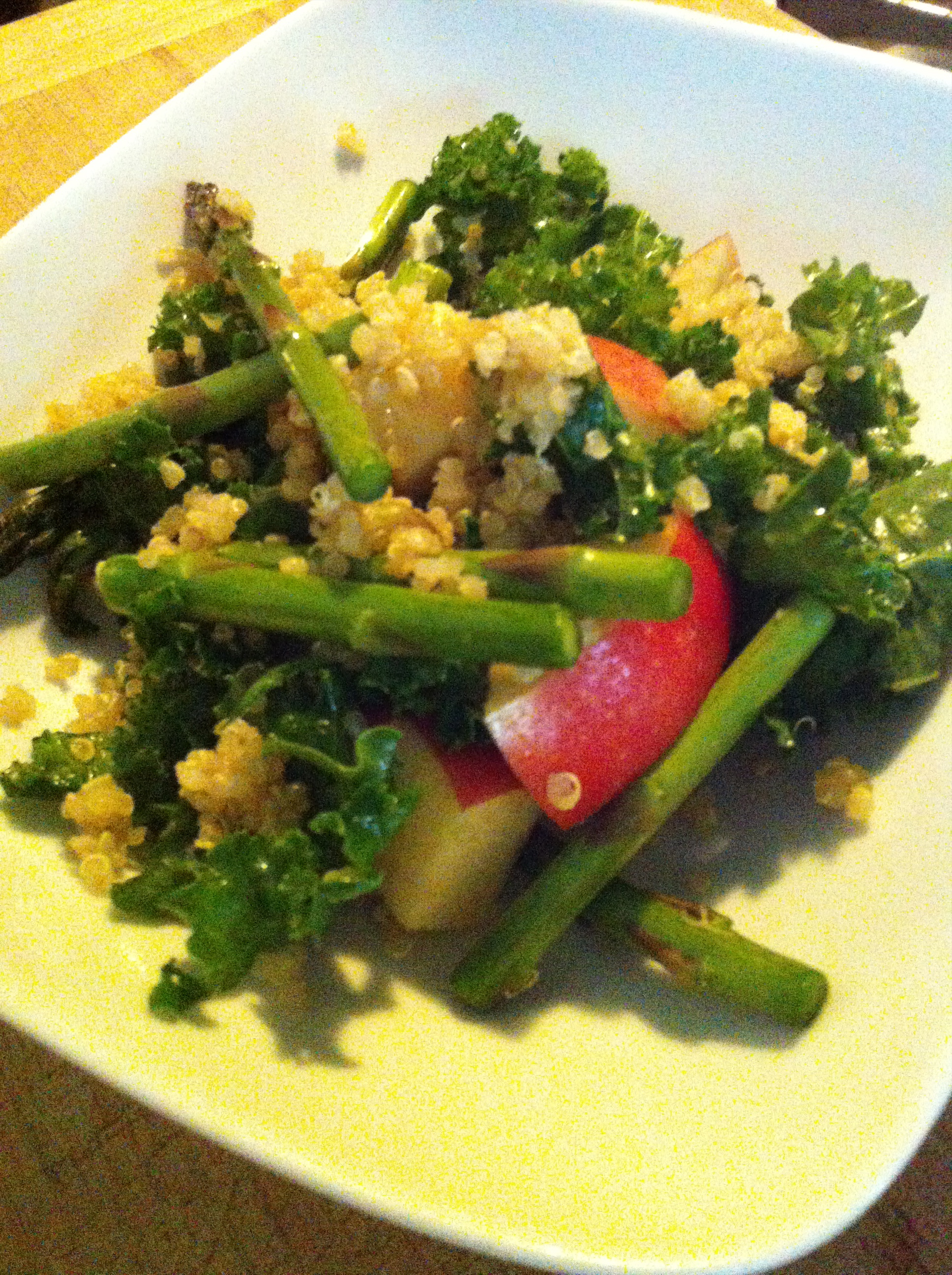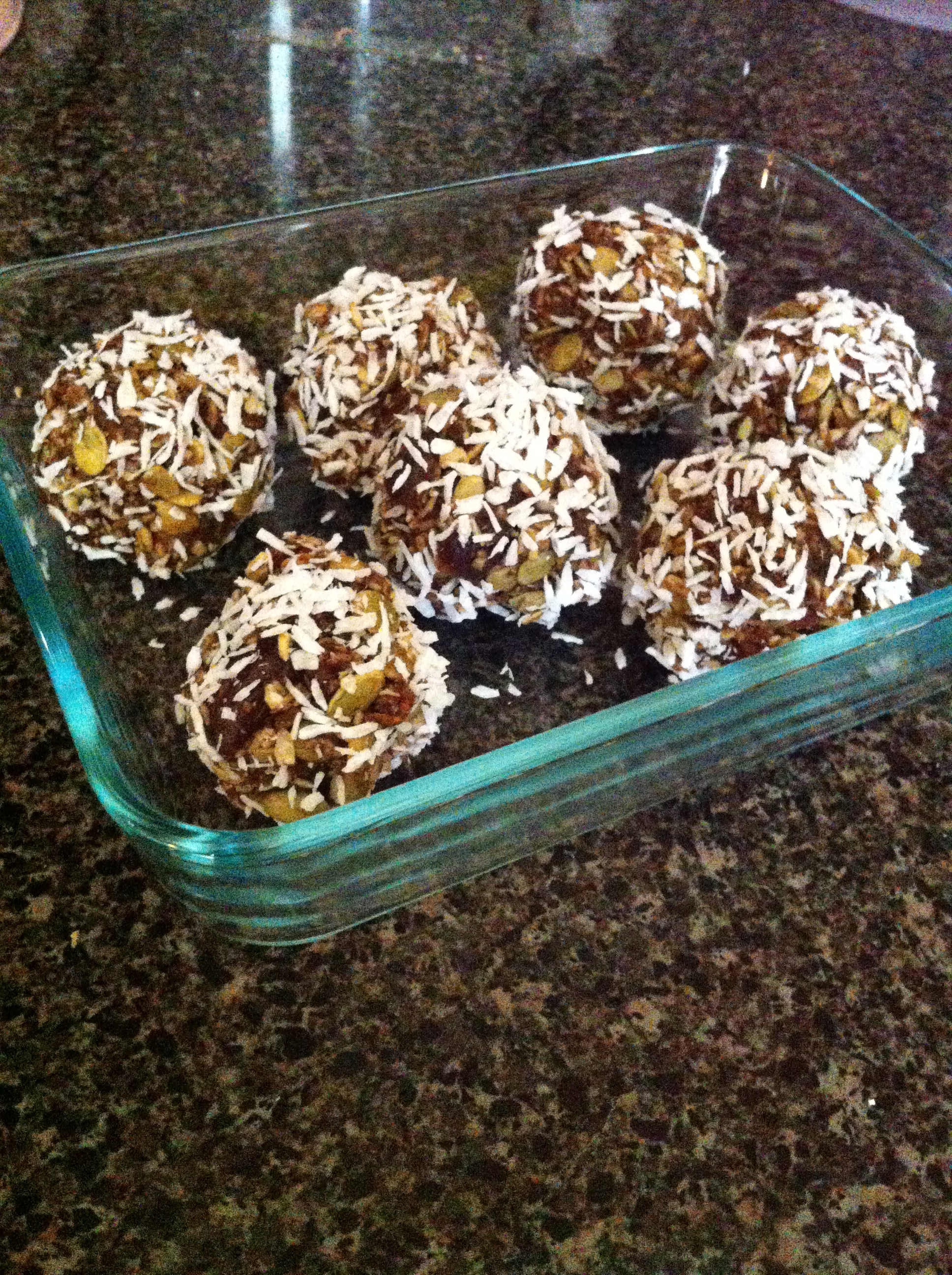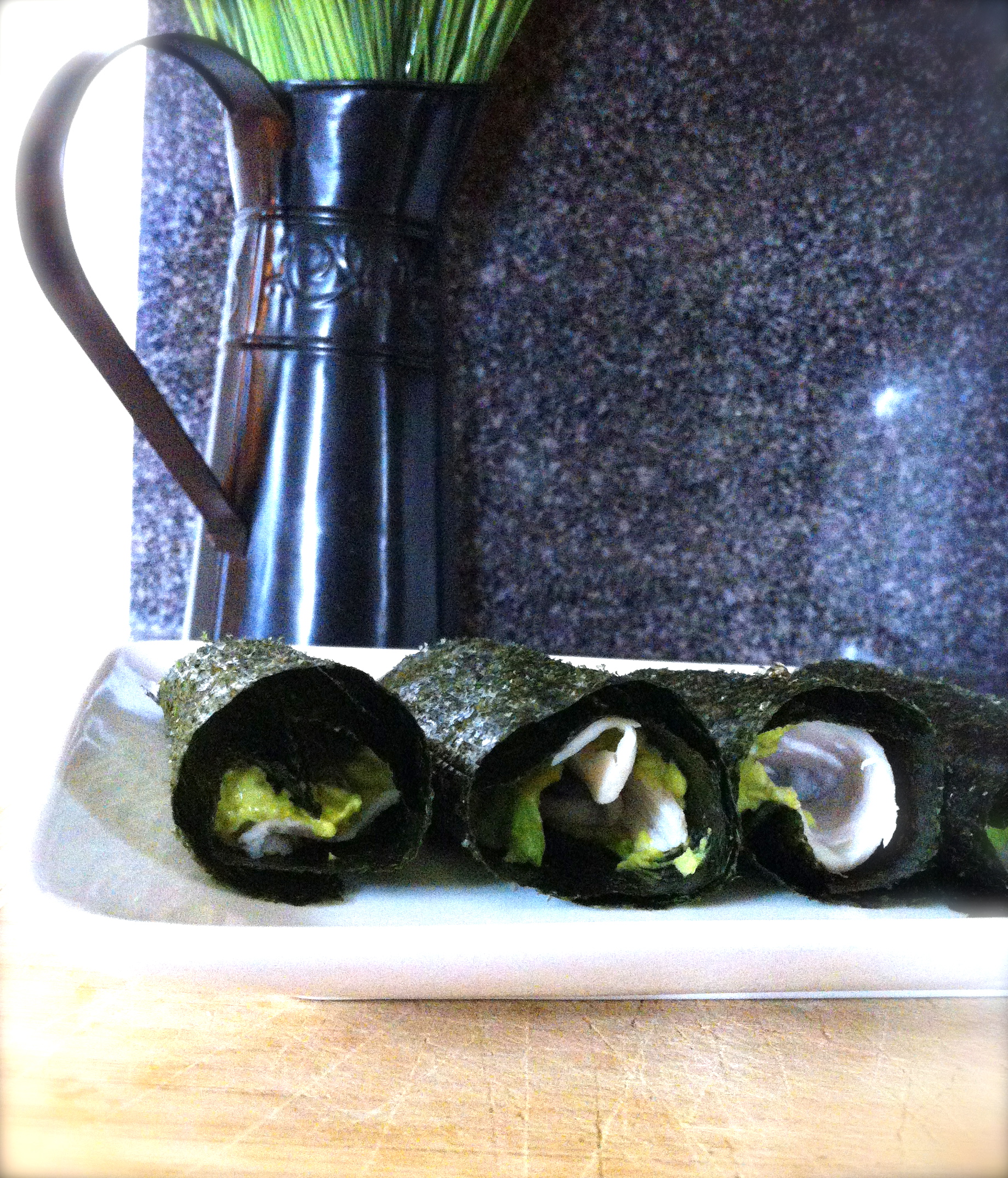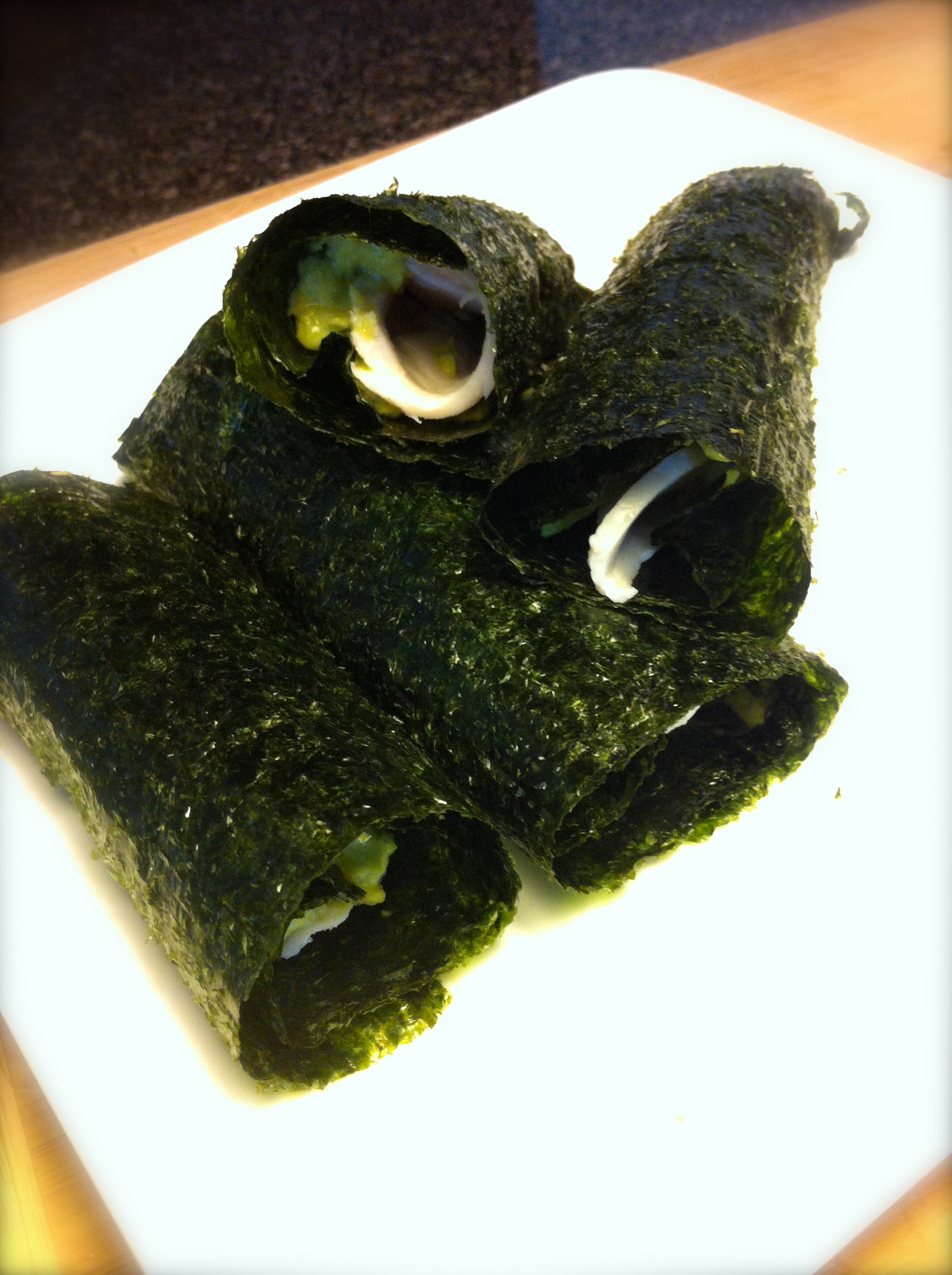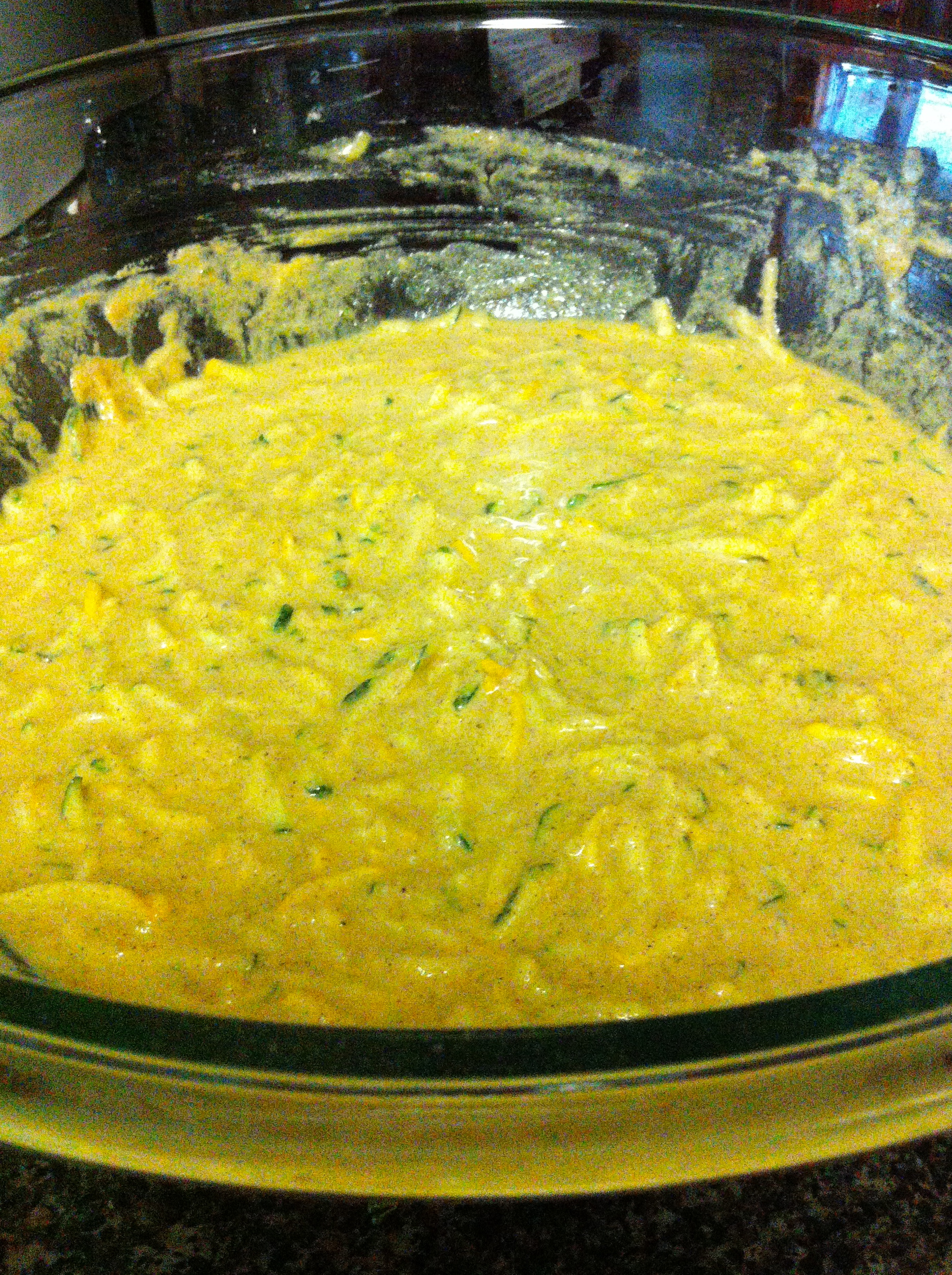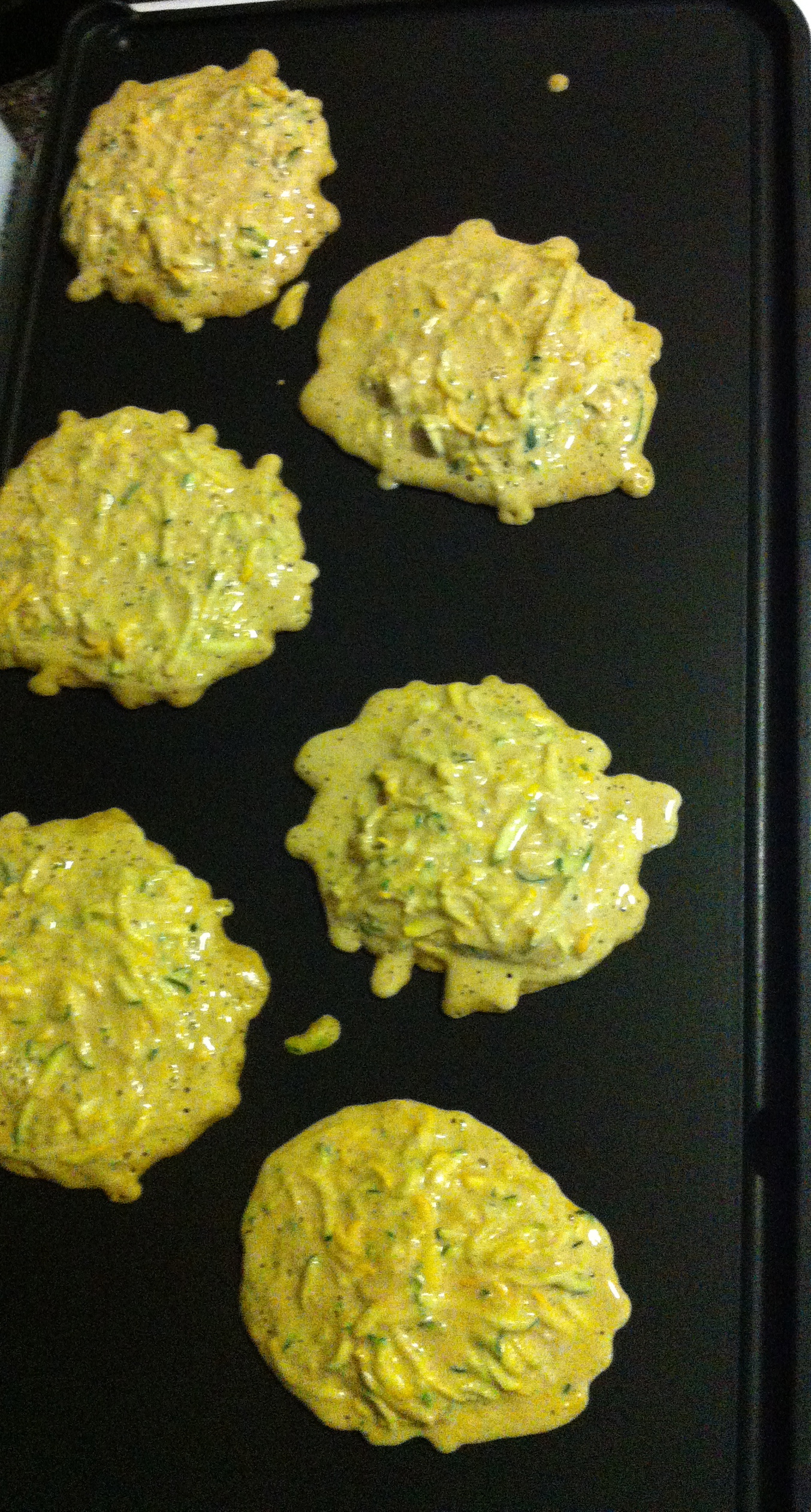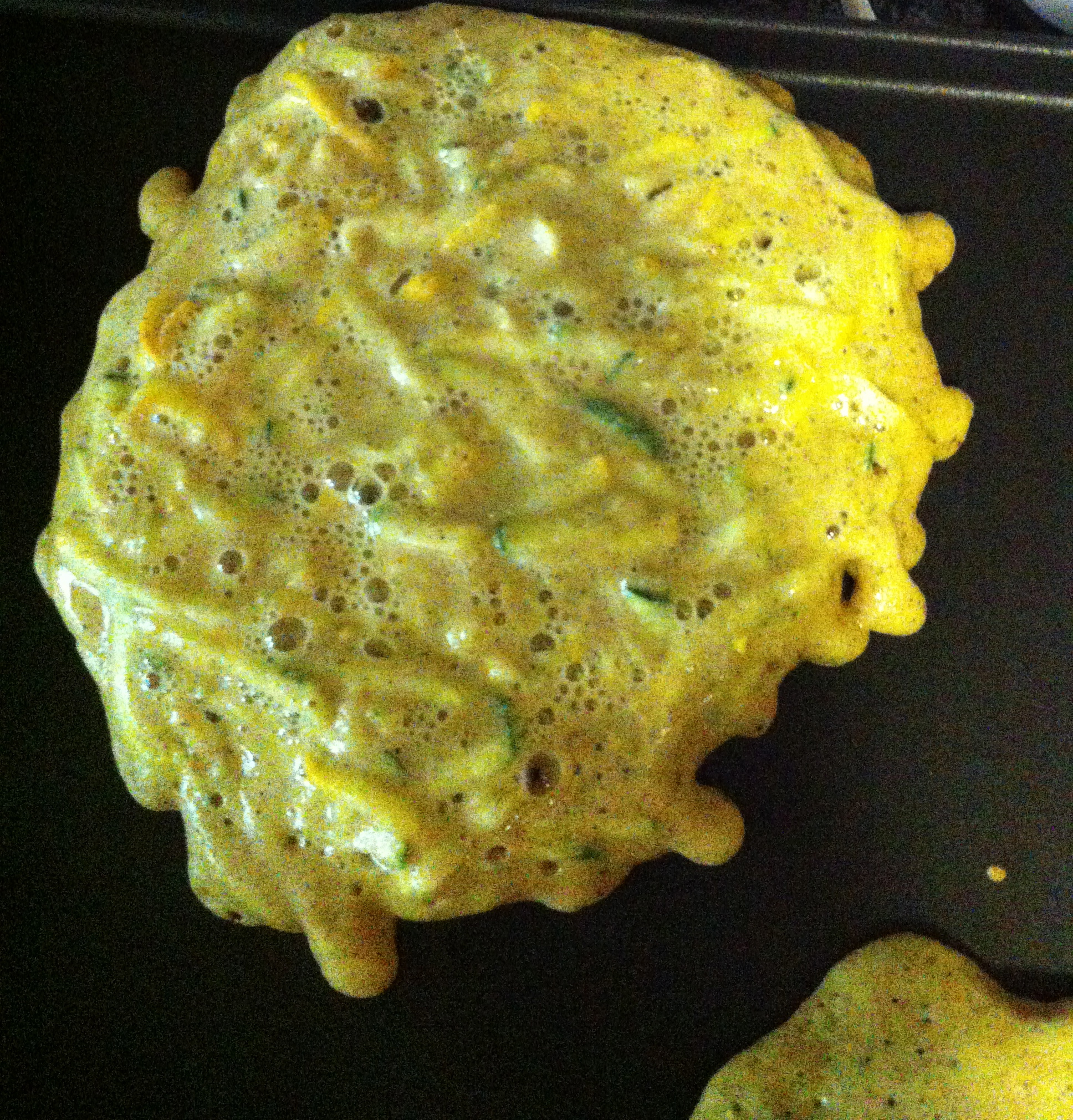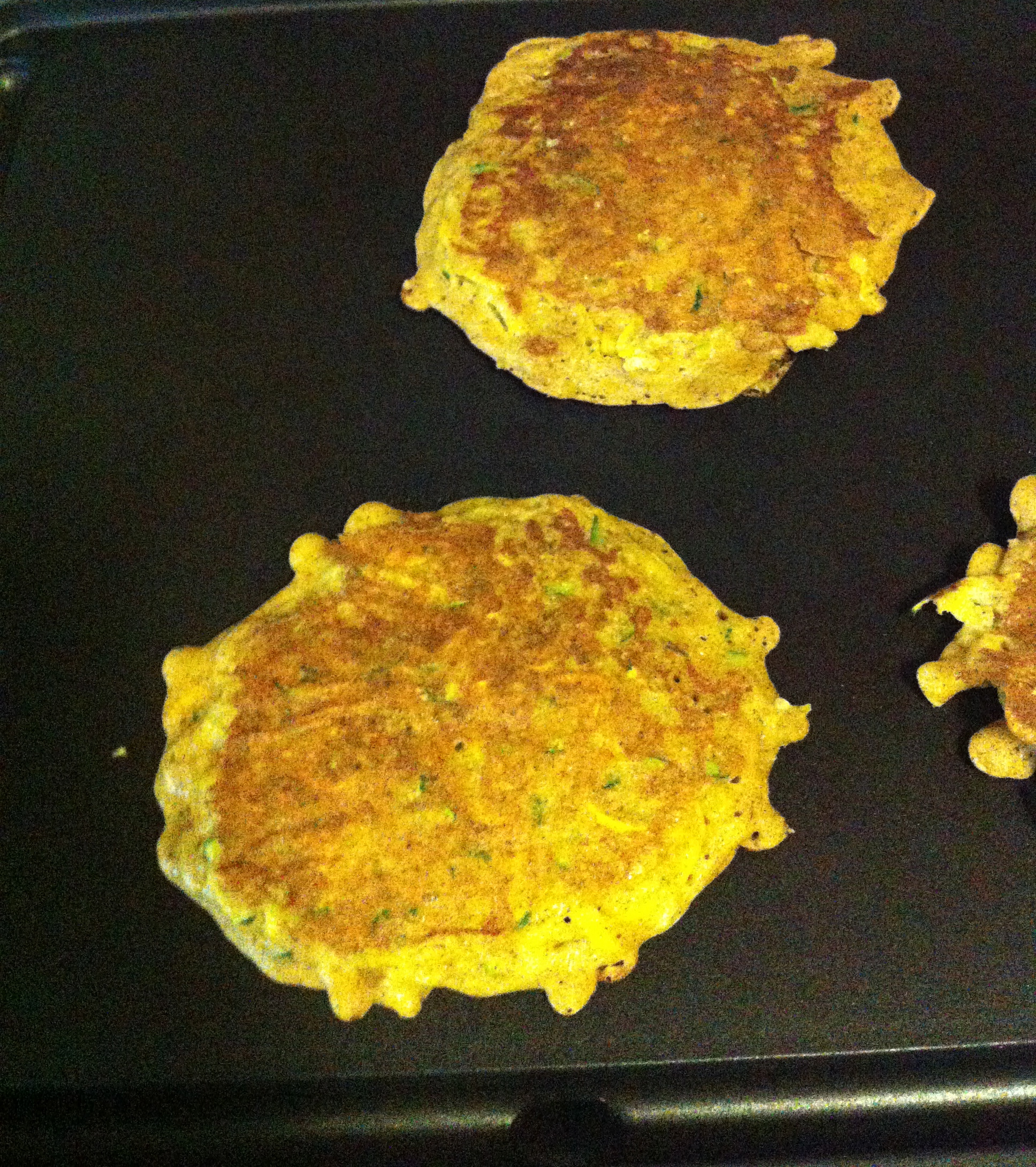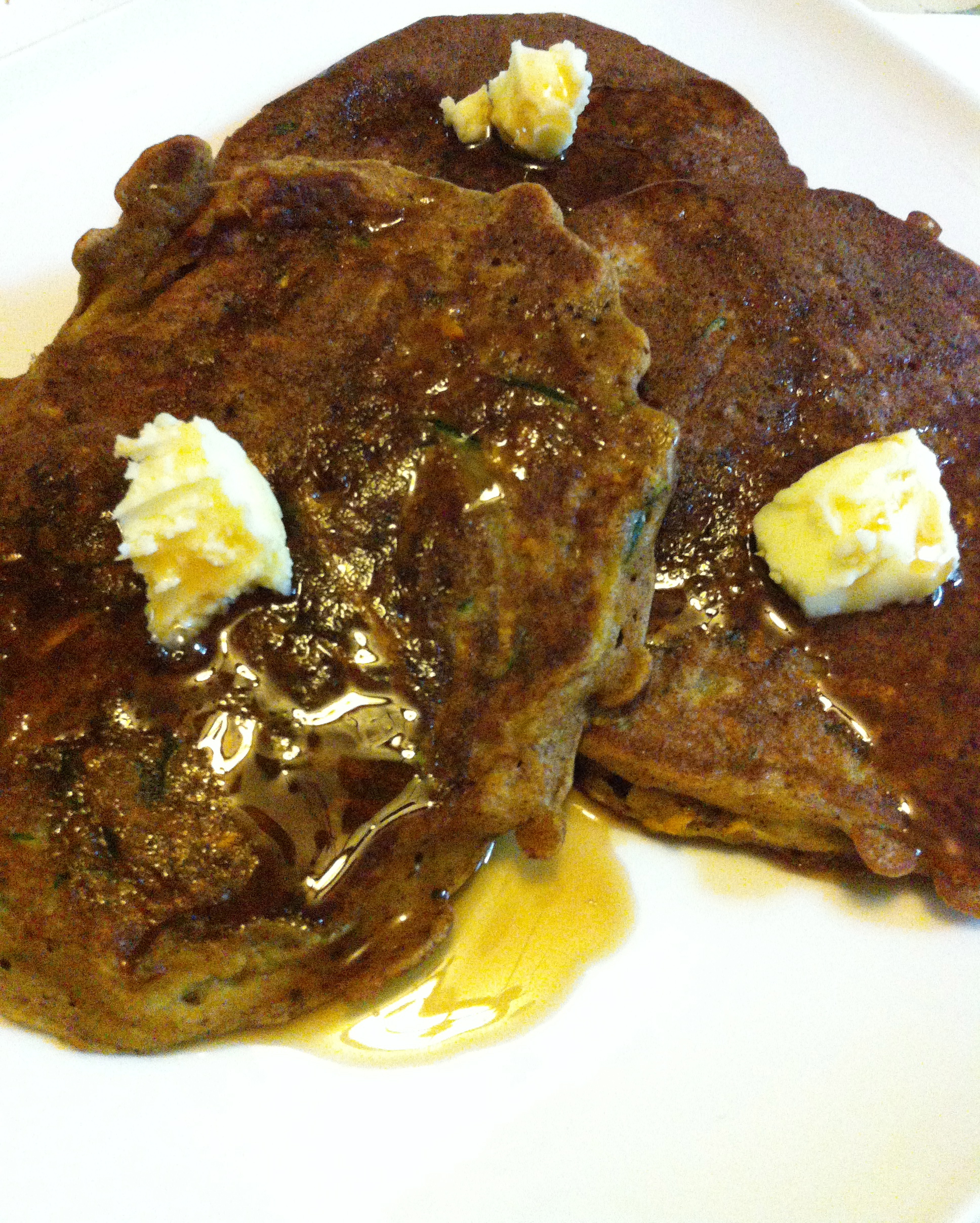This post is dedicated to one of my Facebook readers, Alyson, that suggested I write about inflammation and foods that help reduce its effect on our bodies.
First of all, there are two kinds of inflammation that take place inside of us. One is acute inflammation which shows up as redness, heat, soreness and swelling. Acute inflammation is your body’s response to harmful stimuli, damaged cells or irritants. It can be easily confused with an infection, but it is actually your body trying to correct the disturbance by flooding the area with blood. It is the way in which we attempt to heal ourselves. The other type of inflammation is called chronic inflammation. It is described as constant healing and destruction of local cells. It may take months or even years for chronic inflammation to take it’s toll on your health, but if chronic inflammation is left unchecked, it leads to a plethora of serious and potentially deadly diseases.
Some diseases and conditions caused by chronic inflammation are:
-Inflammatory Bowel Disease
-Vasculitis
-Sarcoidosis
-Asthma
-Celiac Disease
-Autoimmune Diseases
-Alzheimer’s Disease
-Heart Disease
-Cancer
-Rheumatoid Arthritis
So, how do we reduce inflammation and it’s long term effects? There are many foods and a few supplements that are readily available to most of us.
I’ll start with common spices that you probably already have in your cabinet. Ginger, cinnamon, turmeric, cayenne pepper, black pepper and cloves are all fantastic in reducing inflammation. Try to include them in your cooking daily for noticed improvement. I’m particularly fond of cinnamon, turmeric and ginger when allergy season comes around. Allergies are after all, inflammation caused by your body’s reaction to foreign substances. So, I make sure to add cinnamon to my coffee, yogurt and my kid’s oatmeal and pb&j sandwiches all year long. Although turmeric is bright in color and used in many Indian dishes, the flavor is mild enough, that I use it in many of my favorite dishes. I’ve even added it to smoothies without my kids knowing the difference. Ginger is wonderful for digestive issues as well as sore throat.
Other foods that are wonderful for their anti-inflammatory properties are: Fish, dark leafy greens, nuts (almonds and walnuts), beets, garlic, onion, high quality olive oil, berries and tart cherries. Sounds pretty good, huh? I would say out of all of these foods, fish is my number one pick to fight inflammation. They are high in healthy omega-3 fats that are so vital to your body’s well being. If you truly can’t stomach the smell or taste of fish, you might try fish oil capsules. I recommend a high quality fish oil, such as Nordic Naturals Cod Liver Oil. They are easy to take and don’t have an aftertaste. If you are vegetarian, but still want a great source of omega-3 fats, I recommend chia seeds. They are high in omega-3, fiber, protein, calcium and iron. You can buy a big bag of them at Costco for a fraction of the regular price! Another incredibly important element to add to your diet to reduce inflammation is WATER. Drinking lots of fresh water everyday is nothing but good for your body.
Vitamins and minerals that are great for reducing inflammation are: Vitamin C (200 mg),Vitamin E (400 IU) and Selenium (200 mcg).
Now for the not so fun part. Foods to avoid or limit: Sugar, alcohol, caffeine, white flour, omega-6 fatty acids (vegetable oils), dairy, MSG and trans fats. For some people, avoiding gluten is also key to reducing inflammation. It has been shown to hugely reduce the symptoms of people suffering from fibromyalgia, rheumatoid arthritis and respiratory ailments.
So there you have it, Alyson. I hope this was helpful to you and the rest of my readers. If you have any questions regarding this article, please feel free to ask them here or on my Facebook page.

